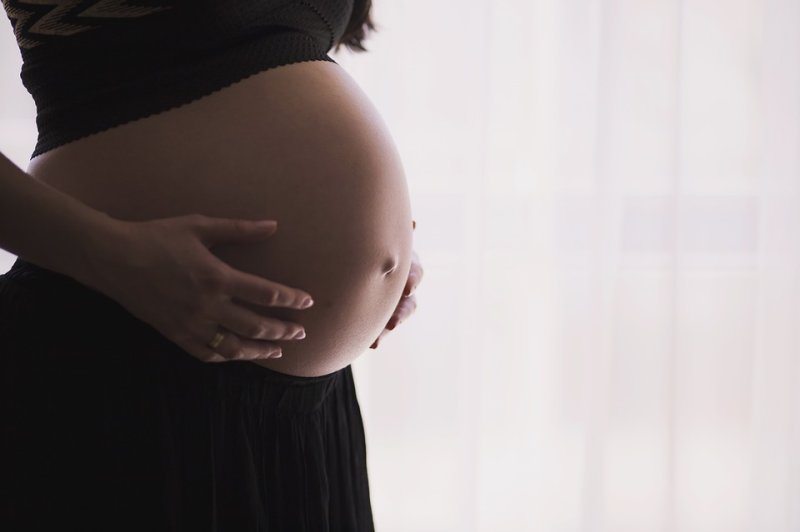Pregnant women are more likely to be hospitalized and need ventilator support when infected with the new coronavirus, according to the CDC. Photo by Max Pixel/Pixabay
June 25 (UPI) -- Pregnant women infected with COVID-19 are more likely to require hospitalization and require ventilator support than other women, according to a report released Thursday by the U.S. Centers for Disease Control and Prevention.
No indication exists, however, that pregnant women are more likely to die from the new coronavirus, SARS-CoV-2, Dr. Dana Meaney-Delman, a COVID-19 deputy incident manager with the CDC, said during a conference call with reporters.
The CDC report found that nearly one-third of all pregnant women infected with the new coronavirus had to be hospitalized, and that pregnant women were nearly twice as likely to need an intensive care unit and mechanical ventilation compared to non-pregnant women.
Nearly 32 percent of pregnant women were reported to have been hospitalized due to COVID-19, compared to 6 percent of non-pregnant women, the CDC analysis found.
However, the higher hospitalization rate might be due to physician's concerns for the health of infected pregnant women, agency officials said.
To date, no data is available on how a COVID-19 infection affects a woman's pregnancy or the health of her babies, Meaney-Delman said.
"Pregnancy is nine months," she said, meaning that most women who've become pregnant since the outbreak began in the United States in March haven't given birth.
Still, concern exists that a COVID-19 infection could induce preterm labor or premature birth, although the agency is still assessing that, Meaney-Delman said.
Even with the findings about risk, pregnant women should not skip prenatal care appointments, the CDC researchers said. However, they should limit interactions with others as much as possible and take precautions to prevent contracting COVID-19.
In addition to the guidance for pregnant women, the CDC also refined its list of high-risk populations for the virus to emphasize that the risk for serious illness increases with age. Previously, it had indicated that those aged 65 and older were at high risk.
The revised list now also includes people with asthma or COPD, cystic fibrosis, poorly controlled HIV, dementia and obesity. Those with a history of stroke or blood or bone marrow transplant also might be at increased risk for serious illness from COVID-19, joining those with Type 2 diabetes, heart disease and kidney disease, CDC Director Dr. Robert Redfield said.
"Understanding who is most at risk for severe illness helps people make the best decisions for themselves, their families, and their communities," Redfield said in a statement.
"While we are all at risk for COVID-19, we need to be aware of who is susceptible to severe complications so that we take appropriate measures to protect their health and well-being."















